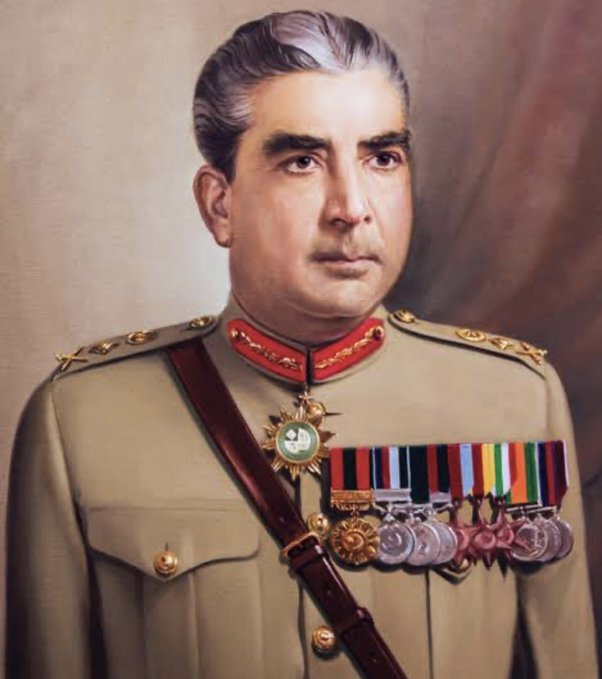The Tashkent Declaration signed by the Indian Prime Minister Lal Bahadur Shastri and the Pakistani President Muhammad Ayub Khan was not at all approved by the general public, and was regarded as submission to India and humiliation for the nation. Politicians were already unhappy with Ayub Khan whose Government was celebrating the decade of various reforms. But he fell victim to the then Foreign Minister, Zulfiqar Ali Bhutto, who exploited the whole situation. He resigned from office and after forming a party of his own, Pakistan Peoples Party, announced to “defeat the great dictator with the power of the people”. As a result, he and others were arrested.
Ayub Khan tried his best to handle the situation by releasing a number of political prisoners, including the most popular leader of East Pakistan, Sheikh Mujib-ur-Rahman. He held a Round Table Conference in Rawalpindi with all the well-known political leaders in March 1969, but it proved to be a stalemate, with the result that Ayub Khan was forced to hand over power to General Muhammad Yahya Khan, on March 25, 1969. Pakistan was now under the grip of another Martial Law.
Being deeply aware of the explosive political situation in the country, General Yahya Khan set in motion moves to transfer power to the elected representatives of the people and announced that the general elections would be held on October 5, 1970.
This article was last updated on Sunday, June 01, 2003






